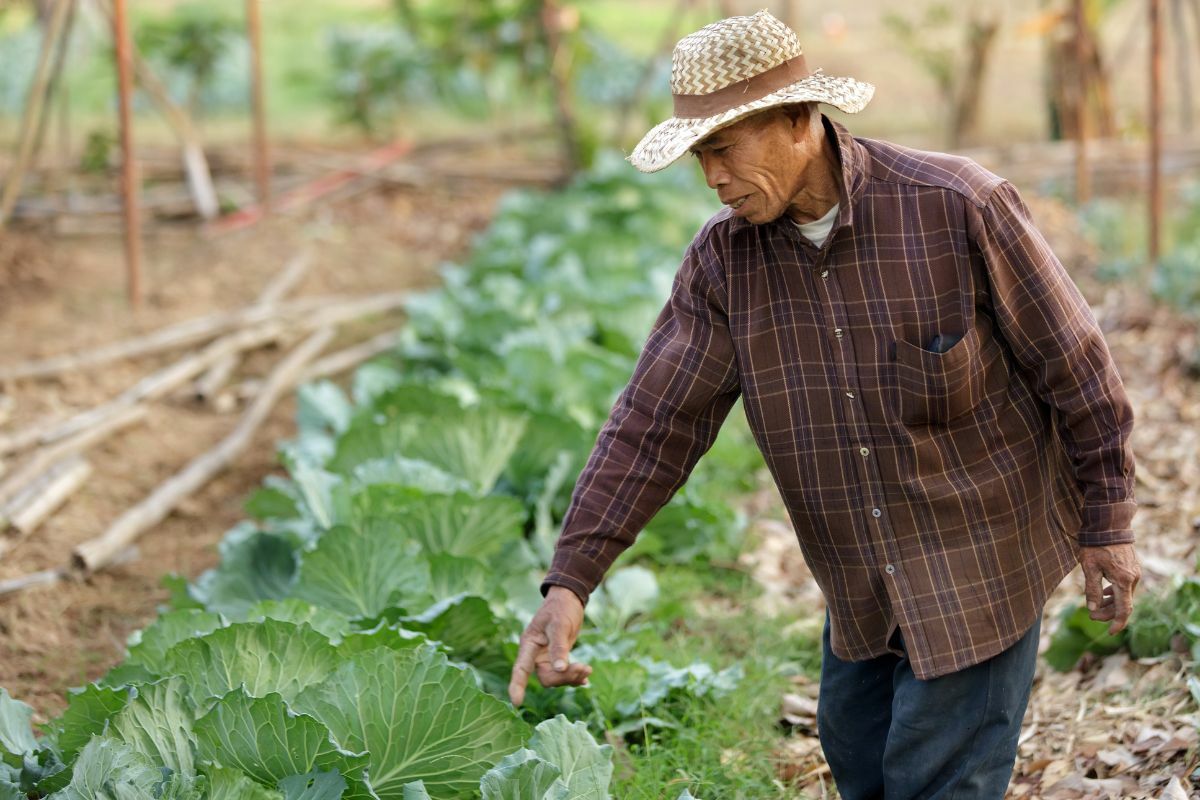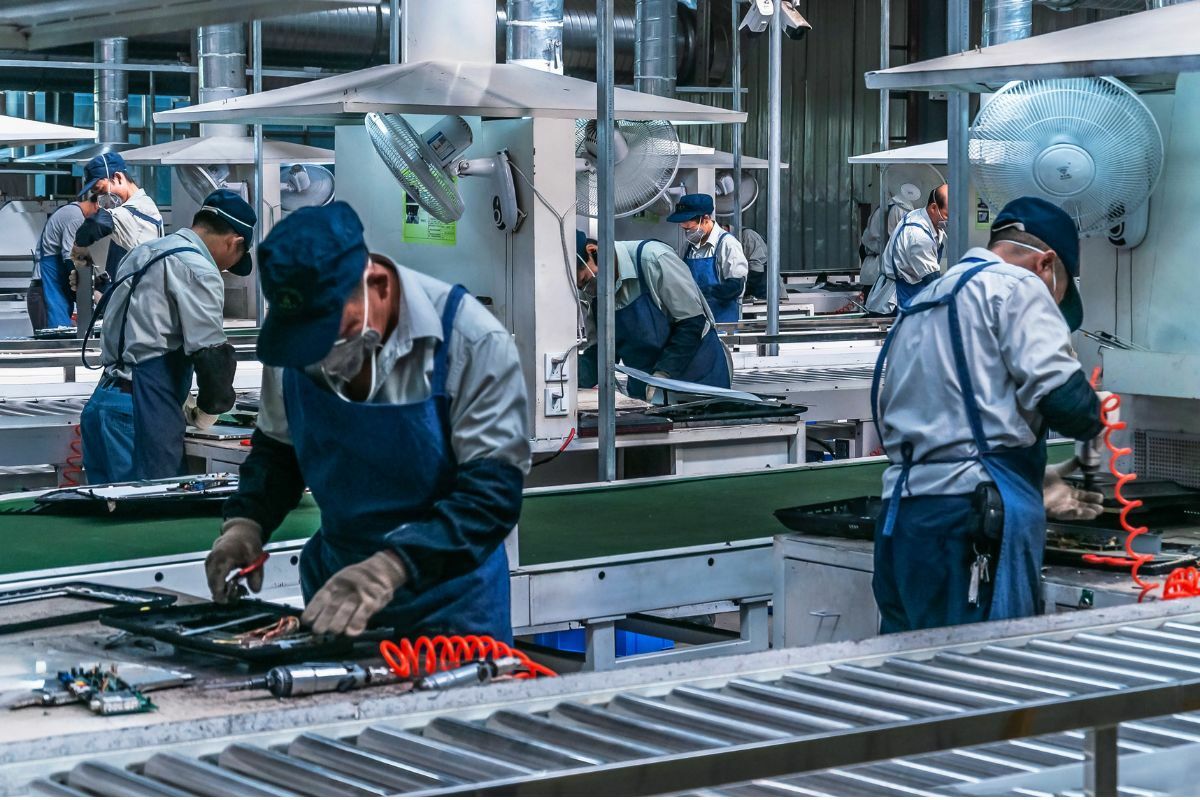Thai coalition parties face economic challenges amid political unity
Scholar warns sluggish economy could threaten Pheu Thai-Bhumjaithai future

Thai politics is not at an impasse, but the sluggish economy may impact the future of the main coalition parties, Pheu Thai and Bhumjaithai, according to political economy scholar Kiatanantha Lounkaew. Despite internal tensions, these parties are united in their intent to maintain their coalition status.
Kiatanantha, an economics professor at Thammasat University, in a statement shared with Bangkok Post, emphasised that both parties recognise that dissolving the House would diminish their chances of regaining power, leading to losses for both. He expressed confidence that they would navigate a path forward.
He also noted that while the country may not be at a dead end yet, continued political conflict without economic progress could lead to a challenging situation for the coalition parties.
With two years remaining in the government’s term, the absence of tangible economic improvements could diminish public confidence, affecting both Pheu Thai and Bhumjaithai, which oversee the Interior Ministry.
The government’s economic strategy must consider the global landscape, as exports constitute 70% of the Thai economy. Kiatanantha warned that a coalition split now could lead both parties to a dead end.
He identified four structural economic issues that need attention during this administration. The first is human capital development. With a workforce of 37 million, only 15% possess the skills needed for the new economy.
Urgent need for workforce upskilling
In contrast, other nations have over 50% of their workforce equipped with high skills. Thailand needs to reskill and upskill approximately 15 million people to remain competitive, requiring urgent and diverse learning systems.
The second issue is economic structure enhancement. Boosting competitiveness among the 3 million small and medium-sized enterprises is essential, with at least 10% needing upgrades to compete globally and drive economic growth.
Kiatanantha also highlighted the agricultural sector’s importance. Although it contributes modestly to GDP, it supports a large population segment. Reducing production costs, rather than relying on subsidies, is crucial for farmers to produce and sell goods effectively. Adopting modern farming practices and making agriculture sustainable and carbon-neutral could facilitate long-term exports.

Lastly, the industrial sector requires development. Thailand’s automotive industry, once known as the Detroit of Asia, is transitioning. The country lacks clarity on future industries and must identify champion industries with high potential.
This includes advancing from internal combustion vehicles to electric or smart mobility, and considering sectors like healthcare integrated with tourism, or education as a revenue source.
Kiatanantha suggested Thailand could develop flagship universities to international standards and offer competitively priced tuition, noting the country’s international programme fees are 20% higher than Malaysia’s.
Latest Thailand News
Follow The Thaiger on Google News:


























